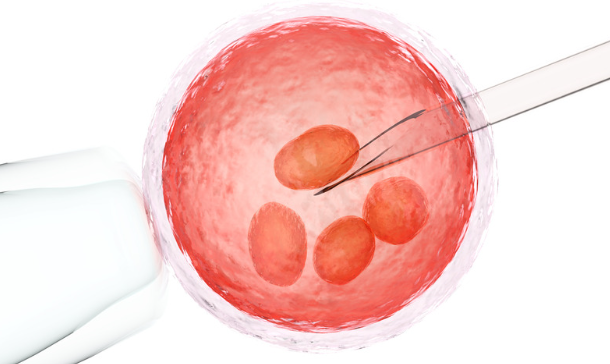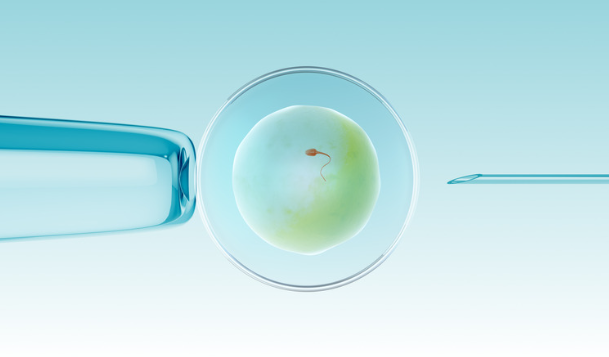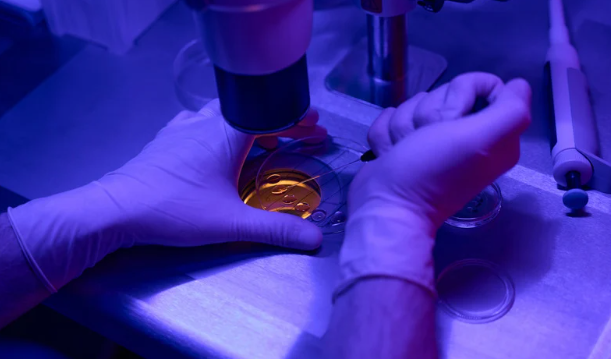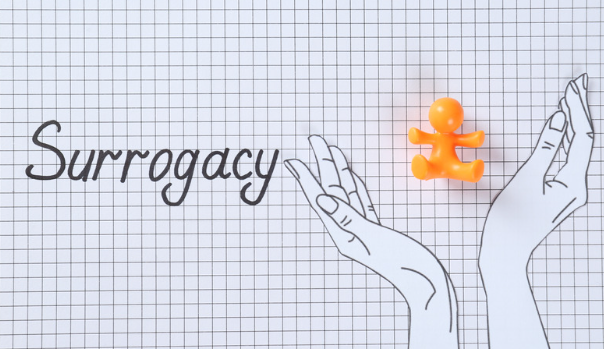At Eva Fertility Clinic, we understand that the path to parenthood isn’t always straightforward. Infertility is a deeply personal journey that affects millions of individuals and couples worldwide. It can be challenging to face the uncertainty, but you don’t have to navigate it alone.
Infertility is not an end—it’s an opportunity to explore solutions that can make your dream of starting or growing your family a reality. With advancements in medical science and personalized care, many barriers to conception can be overcome.
Our Fertility Services are designed to address the unique challenges you face. From pinpointing the causes of infertility to providing state-of-the-art treatments, we are here to guide you every step of the way. Together, we’ll create a roadmap tailored to your needs, offering hope, clarity, and support on your journey toward parenthood.
Understanding Fertility
What is Infertility?
Infertility is defined as the inability to conceive after 12 months of regular, unprotected intercourse for couples under 35, or after six months for those over 35. It can also include the inability to carry a pregnancy to term. Infertility is more common than many realize, affecting about 1 in 6 couples globally. Beyond the physical challenges, infertility often brings emotional and psychological stress, impacting relationships, self-esteem, and overall well-being.
Why Does Infertility Occur?
Infertility can result from a variety of factors that affect either partner or both. It’s not always a simple diagnosis; fertility issues can stem from biological, lifestyle, and environmental influences. Factors such as hormonal imbalances, age, stress, poor nutrition, exposure to toxins, and underlying medical conditions can all contribute to fertility challenges. Understanding the root causes is the first step toward effective treatment.

Common Causes of Infertility
A hormonal imbalance that affects ovulation.
A condition where tissue similar to the uterine lining grows outside the uterus, causing pain and fertility issues.
Irregular or absent ovulation due to hormonal imbalances.
Often caused by infections, pelvic inflammatory disease, or prior surgeries.
Egg quality and quantity decrease with age, particularly after 35.
A reduced number of sperm can lower the chances of conception.
Sperm may struggle to move effectively to fertilize the egg.
Irregular sperm morphology can affect their ability to reach or penetrate the egg.
Issues with testosterone or other hormones can impact sperm production.
Such as varicocele or chromosomal abnormalities.
Overview of Fertility Services
Fertility services encompass a range of medical evaluations, treatments, and support designed to help individuals and couples overcome challenges in conceiving. These services address both male and female infertility through diagnostic tests, lifestyle guidance, and advanced reproductive techniques such as ovulation induction, intrauterine insemination (IUI), and cryopreservation.
By identifying and addressing the root causes of infertility, fertility services provide personalized solutions to enhance the chances of conception. Beyond medical interventions, these services offer emotional support and guidance, empowering patients on their journey to parenthood. At their core, fertility services aim to turn hope into reality for those dreaming of a family.
Treatments We Provide Under Fertility Services

Ovulation Induction
Learn more
Intra Urine Insemination (IUI)
Learn more
In Vitro Fertilization (IVF)
Learn more
Intra Cytoplasmic Sperm Injection (ICSI)
Learn more
Fresh and Frozen Embryo Transfer
Learn more
Sperm Freezing
Learn more
Social Egg Freezing
Learn more
Oocyte Donation
Learn moreWhen to Seek Help for Infertility?
You should consider seeking help if:
- You’ve been trying to conceive for 12 months without success (or 6 months if you’re over 35).
- You have irregular, absent, or painful menstrual cycles, which may indicate underlying fertility issues.
- You or your partner have a history of conditions like PCOS, endometriosis, or low sperm count.
- You’ve experienced multiple miscarriages.
- You’re planning to conceive but have underlying medical conditions or are undergoing treatments like chemotherapy.
Early consultation with a fertility specialist can increase the likelihood of a successful outcome by identifying and addressing potential problems.
Who Can Benefit From Fertility Services?
- Couples Facing Infertility: Whether due to male, female, or combined factors, services provide targeted interventions.
- Single Individuals: Men or women planning for parenthood via sperm or egg donation and advanced reproductive techniques.
- Same-Sex Couples: Those seeking options like donor sperm, eggs, or surrogacy to start a family.
- Those Preserving Fertility: People opting for egg or sperm freezing due to age, career plans, or medical treatments.
- Unexplained Infertility Cases: Offering advanced diagnostics and treatments when no clear cause is identified.
Fertility services empower diverse individuals and couples to explore solutions tailored to their unique circumstances.
Benefits of Seeking Fertility Services Early
Early evaluation and treatment increase the chances of conception by addressing fertility issues before they become more complex or age-related.
Fertility services can quickly identify underlying causes such as hormonal imbalances, blocked fallopian tubes, or low sperm count, enabling effective interventions.
Early consultations provide access to cutting-edge reproductive technologies like ovulation induction, IUI, or cryopreservation while options remain viable.
Starting the process early alleviates anxiety, providing clarity and actionable steps toward achieving your family-building goals.
For those not ready to conceive, fertility preservation techniques like egg or sperm freezing can secure future options.
FAQ – Fertility Services
If IVF is not affordable, consider alternatives like ovulation tracking, intrauterine insemination (IUI), lifestyle changes, or fertility medications. Explore community-based programs, grants, or clinics offering sliding-scale fees. Speaking with a fertility specialist can help identify cost-effective treatments tailored to your situation, ensuring affordable solutions for starting your family.
Many insurance plans classify IVF as elective or not medically necessary, leading to limited coverage. Additionally, regulations and coverage vary by state or country. Advocating for comprehensive fertility care or exploring supplemental insurance options can help offset costs and make treatment more accessible for those in need.
IVF can be worth pursuing over 40, especially when egg quality or ovarian reserve is still sufficient. Success rates may be lower, but techniques like using donor eggs or advanced embryo testing can improve outcomes. Consulting with a fertility specialist helps assess risks and potential benefits based on individual circumstances.
Yes, an OB-GYN can perform initial fertility assessments, including blood tests, ultrasound exams, and ovulation tracking. They can identify potential issues and provide basic treatments. If advanced care is needed, they’ll refer you to a fertility specialist for more comprehensive evaluations and options like IVF or IUI.
IVF involves minor discomfort during procedures like egg retrieval and hormone injections, but it’s generally well-tolerated. Anesthesia or sedation minimizes pain during retrieval, and side effects like bloating or cramping are temporary. Fertility clinics prioritize patient comfort, making the process manageable with proper care and support.



